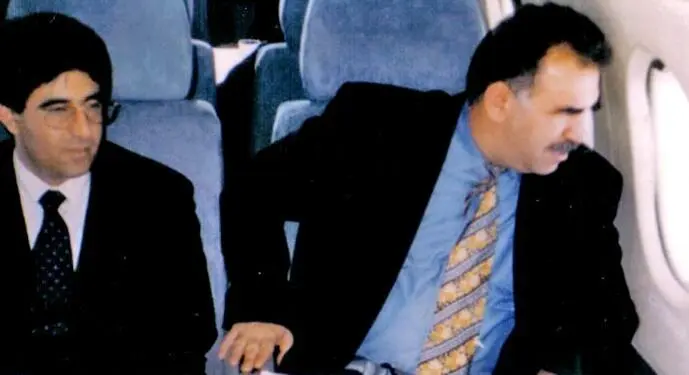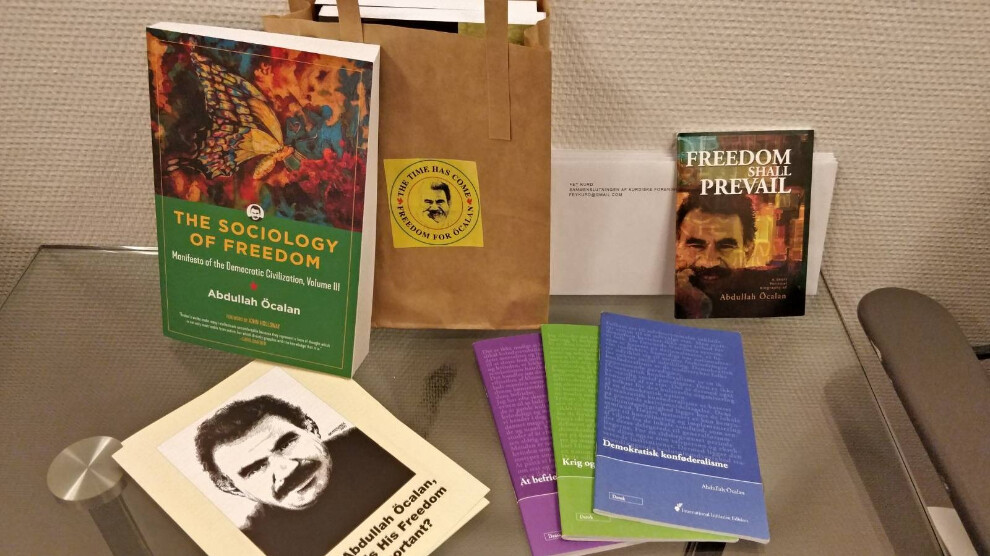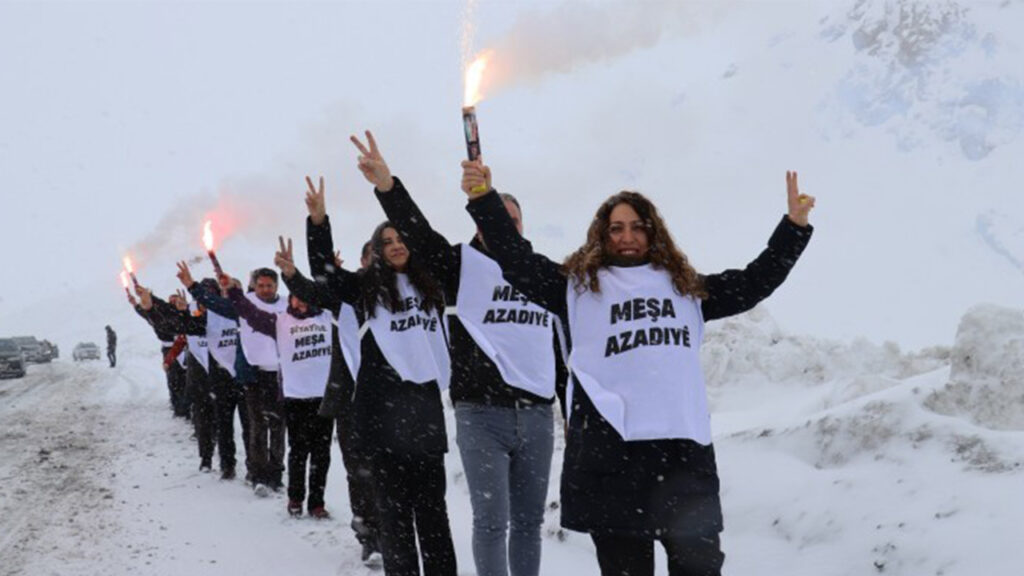The aim of the conspiracy was to sideline the Kurdish movement led by Öcalan, who was seen as an obstacle to the intervention of the Western states, led by the USA, in the Middle East. Öcalan was either to to submit to these powers or be eliminated, but he refused to be controlled by them, as he equated control by these powers with the annihilation of the Kurds. He did not expect the West to force the Kurds to submit, but to solve the Kurdish problem .

The conspiracy against the leader of the Kurdish people, Abdullah Öcalan, began on 9 October 1998. This date marks Öcalan’s departure from the Middle East, where he had spent some 20 years, for Europe. Although it is recognised that the conspiracy began on 9 October, the prelude to it was certain threats made by the Turkish state, with the support of the USA and Israel, against the Syrian government, which led to Öcalan’s departure from Damascus.
According to what Öcalan has since said, he had two choices: to lead the struggle from the mountains of Kurdistan or to seek a political solution to the Kurdish question in Europe. He was aware of the difficulties of the latter despite his belief in the possibility of a political solution from the European countries. During his stay in Rome, he issued a statement calling for a non-violent solution to the problem, but the European countries remained indifferent to his initiatives.
The culmination of the process that started on 9 October 1998 was the abduction of Öcalan from Kenya and his transfer to İmralı Island in Turkey on 15 February 1999. The aim of the conspiracy was to sideline the Kurdish movement led by Öcalan, who was seen as an obstacle to the intervention of the Western states, led by the USA, in the Middle East. Öcalan was either to to submit to these powers or be eliminated, but he refused to be controlled by them, as he equated control by these powers with the annihilation of the Kurds. He did not expect the West to force the Kurds to submit, but to solve the Kurdish problem.
A philosophy of peace

In his first meeting with his lawyers three weeks after his abduction, Öcalan called for an end to all acts of violence. Recognising the aim of the conspiracy being to provoke a war that could last for centuries, he focused on preventing blind conflict. Öcalan’s advocacy of a peaceful solution to the Kurdish question played an important role in undermining the main objective of the conspiracy.
Over time, Öcalan developed these ideas into a paradigm for non-violent solutions to conflicts, not only in Kurdistan but throughout the Middle East, promoting equality and unity among all peoples and faiths. His concept of democratic confederalism, which emphasises women’s freedom as paramount, has been adopted worldwide and is exemplified by the Rojava model in Syria.
A call for justice
For 25 years, Öcalan has been held in solitary confinement on İmralı Island, and for the last three years it has been impossible to obtain any word from him. Despite various initiatives for dialogue by the Turkish government, and Öcalan using these opportunities to open the door to a peaceful solution, his efforts have been in vain, and the situation has worsened due to the continued attacks by the Turkish state in Syria and Iraqi Kurdistan.

Twenty-five years after what is now known as the 15 February conspiracy, the Kurds are calling for an apology from the states and institutions involved, including the USA, NATO and the EU, and the release of Öcalan. The Kurds have shown no hostility towards the aforementioned powers, nor have they taken any negative action against them despite the conspiracy, and there is no expectation that they will do so. However, they find the collaboration of these forces with Turkey in the abduction of their leader unacceptable and are calling for efforts to find a peaceful and political solution to the Kurdish question. The ongoing conflict, exacerbated by the support of certain powers, not only fails to solve the issue but also contributes to its perpetuation.
To sum up: Despite decades of conspiracy, war and repression, the Kurdish struggle for freedom continues unabated. The imprisonment and isolation of Öcalan on İmralı Island will not deter the Kurdish movement. The pursuit of freedom by the Kurdish people and their allies is unwavering and they remain confident of their eventual victory. For those in search of an understanding of the current situation and its possible resolution, Öcalan’s Sociology of Freedom is a valuable insight.








Leave A Comment